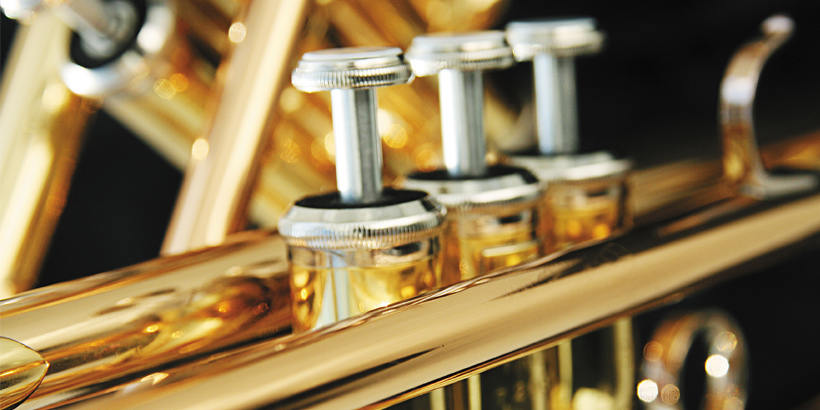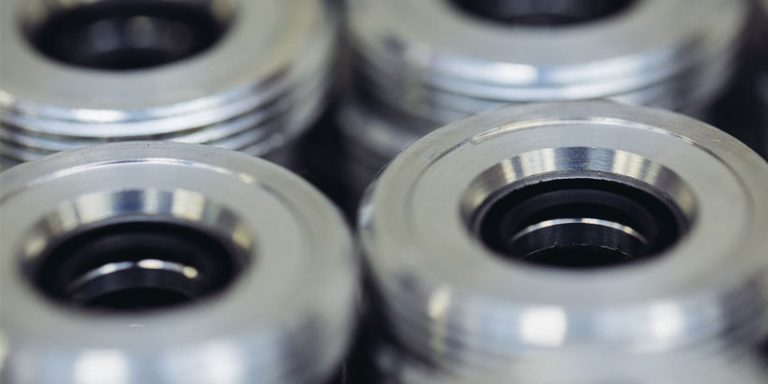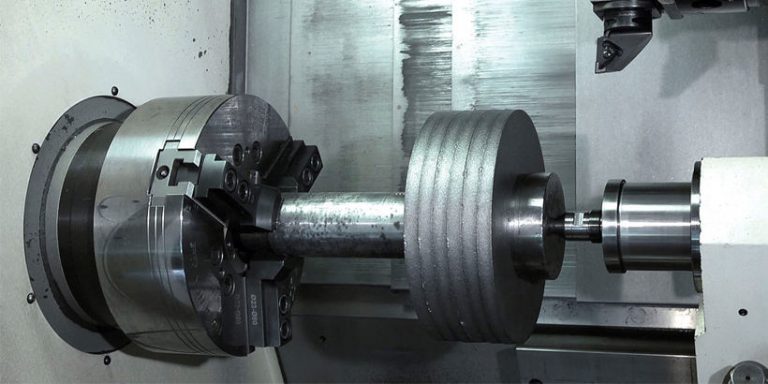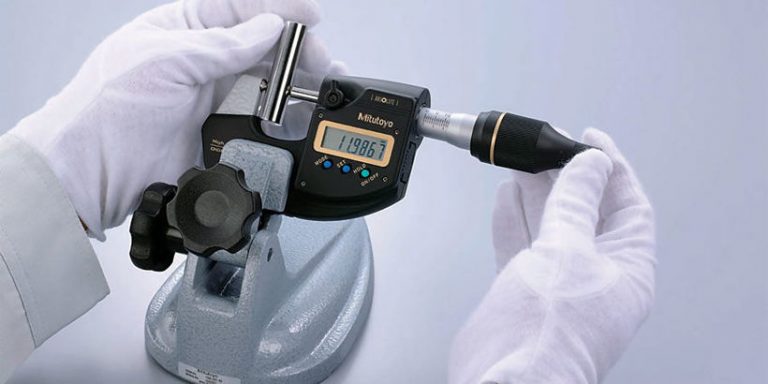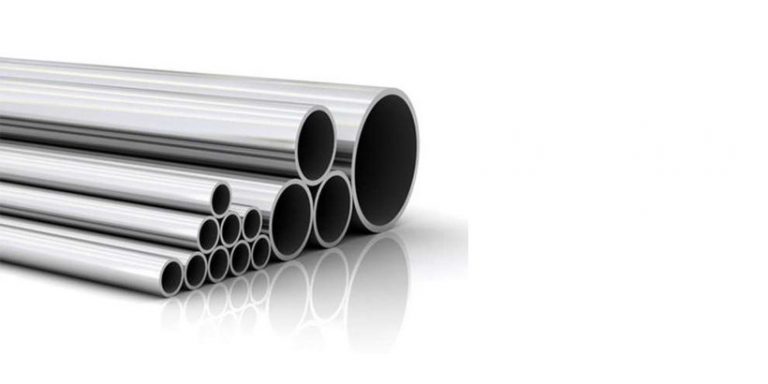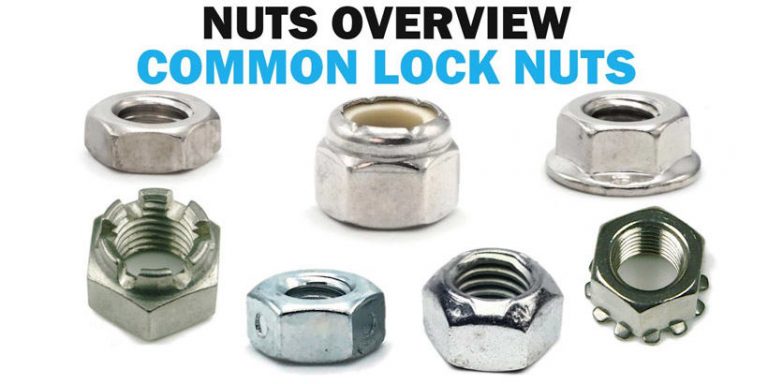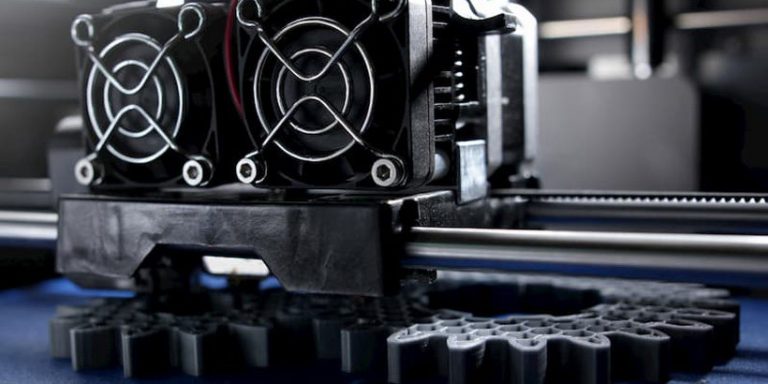Guide to Brass and other Copper alloys Application for machining
Metal alloys that have copper as the primary composition consist of brass( zinc added) and also bronze( tin added to copper).
Copper alloys have features of having good strength, ductility, thermal and also electric conductivity and also excellent corrosion resistance. The hardest, as well as strongest copper alloy, is Beryllium Copper, as well as it has similar mechanical properties to a lot of high strength steels. It has far better rust resistance.
Brass
Common Brass, Naval Brass, Brass astrolabe.
The main alloying structure of copper alloys is zinc, which is likewise called Brass. Brass is utilized for decorating purposes because of its gold-like appearance.
Pros
- Brass is fantastic for decorative functions.
- Brass can conduct electrical energy as well as heat.
- Brass has far better malleability than bronze.
- Brass can be recycled conveniently.
- Brass can be machined easily.
Cons
- Brass can be influenced by anxiety deterioration cracking, especially when it is revealed to ammonia.
- Brass requires a large amount of upkeep because it is prone to blackish stain.
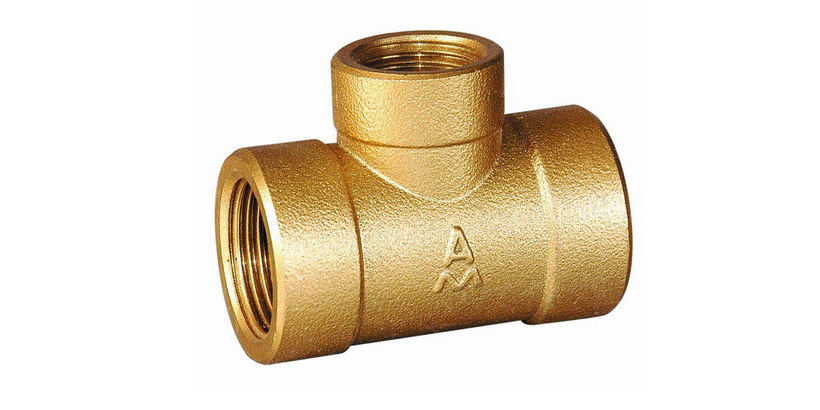
Copper Alloys- Wrought C110, C11000
Copper alloys have copper as the primary make-up as well as have deterioration resistance, which is utilized for radiators, coins, fittings, etc.
Pros
- Copper alloys can be reused easily.
- Copper alloys are perfect for decorative objectives.
- Copper alloys can conduct electrical power and warmth well.
- Copper alloys can be machined conveniently.
Cons
- Copper alloys have a reduced melting point.
Bronze- Copper Alloy With Tin
Bronze has several alloys such as 90-10 Bronze as well as Phosphor Bronze.
Bronze is a kind of alloy being composed mostly copper, about 12-12.5% tin and also various other steels such as nickel, zinc, manganese or aluminium often non-metals such as silicon, phosphorus or arsenic, which makes bronze harder than copper as well as have ductility, stiffness and machinability. Bronze is utilized for making coins over a long period of time, and it is specifically relevant to watercraft and ship fittings because of its sturdiness and resistance to seawater corrosion.
Pros
- Bronze is more difficult than brass.
- Bronze conducts power as well as warm better than steel.
- Bronze has far better corrosion and also exhaustion resistance than steel.
Cons
- Bronze has a greater melting point than brass.
